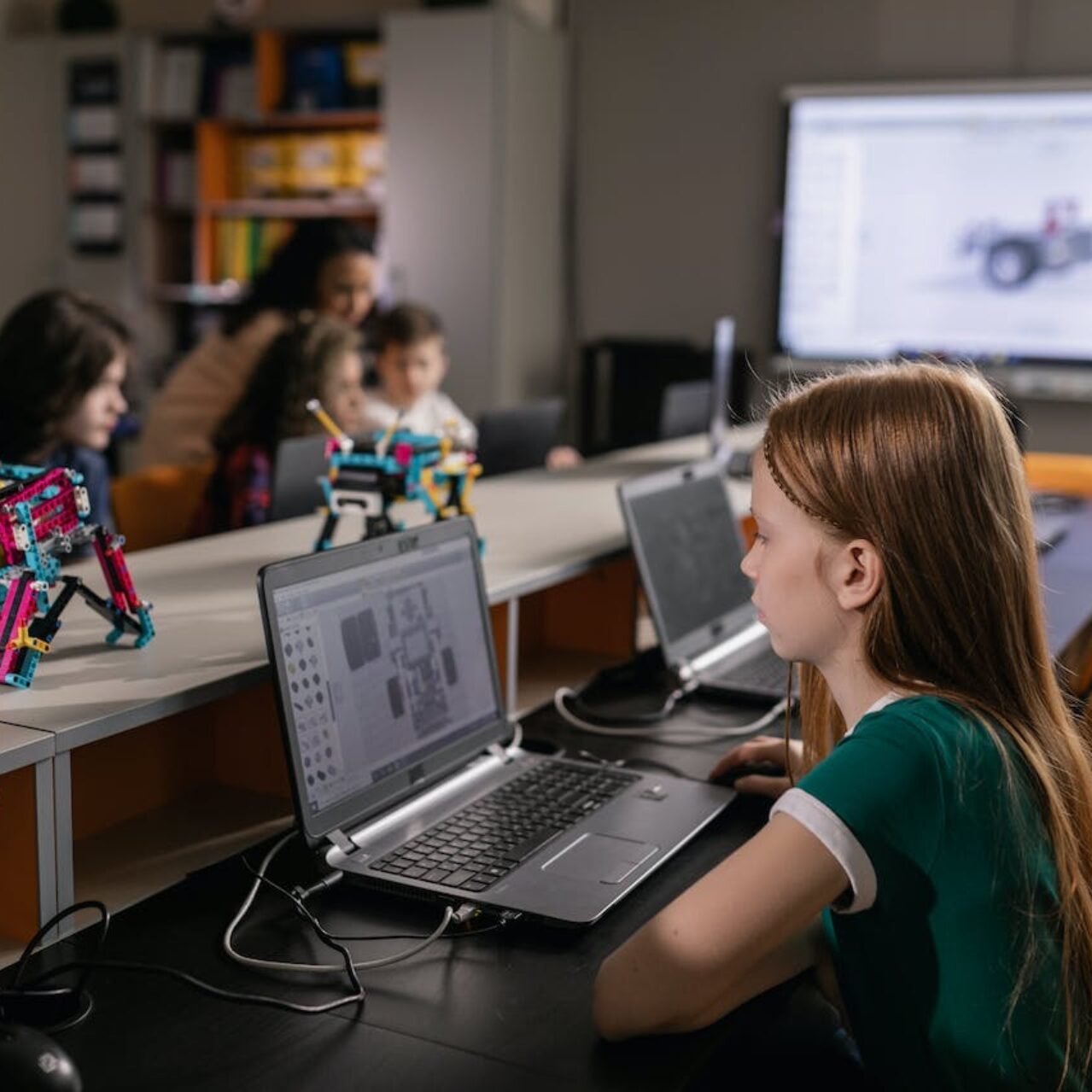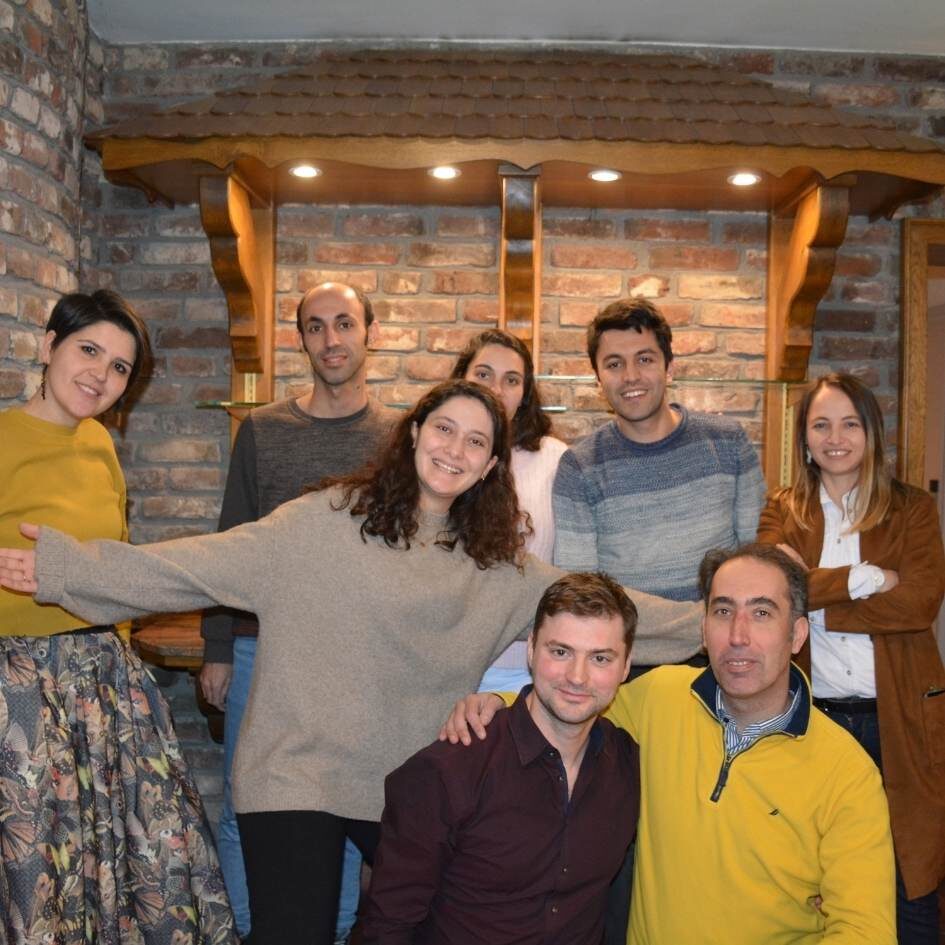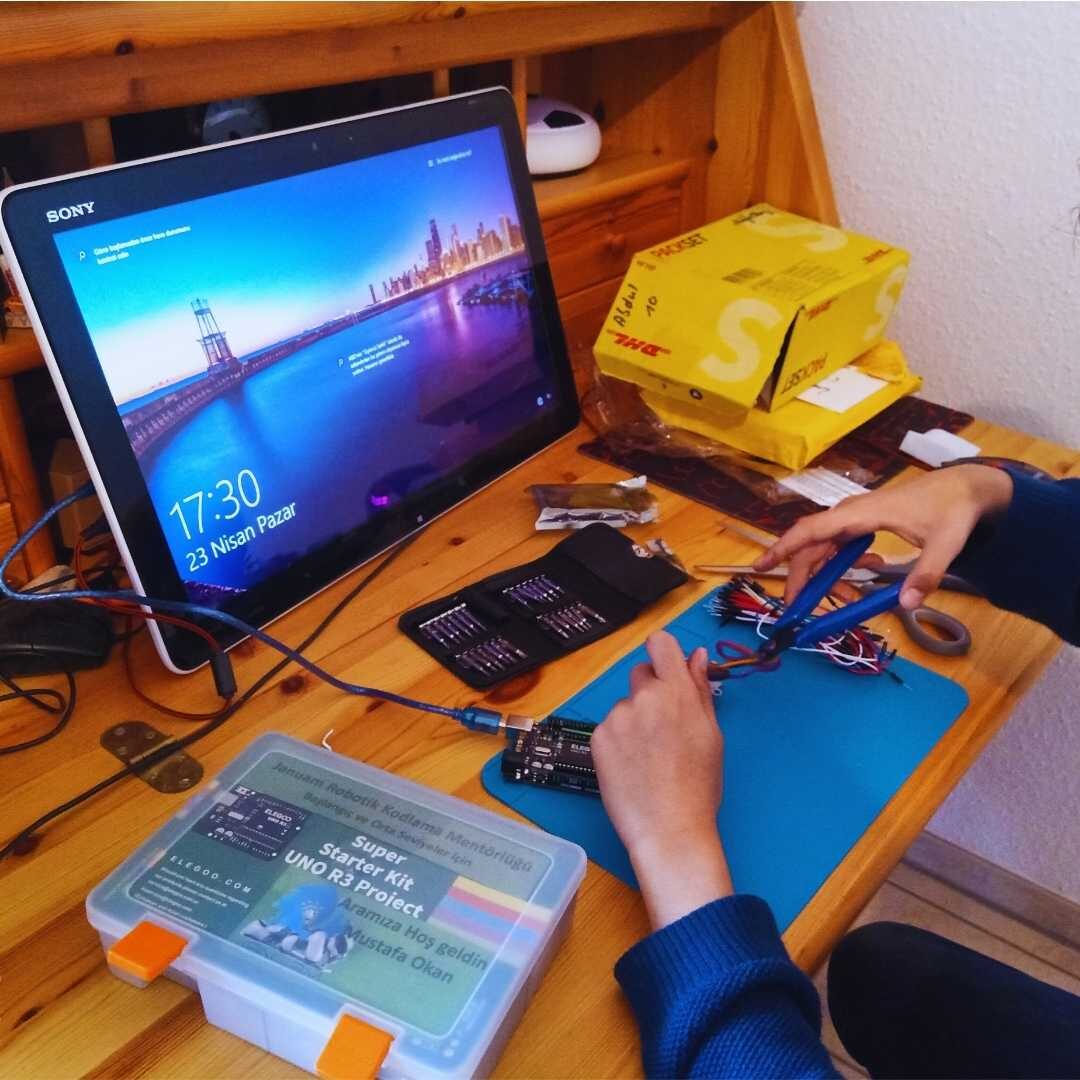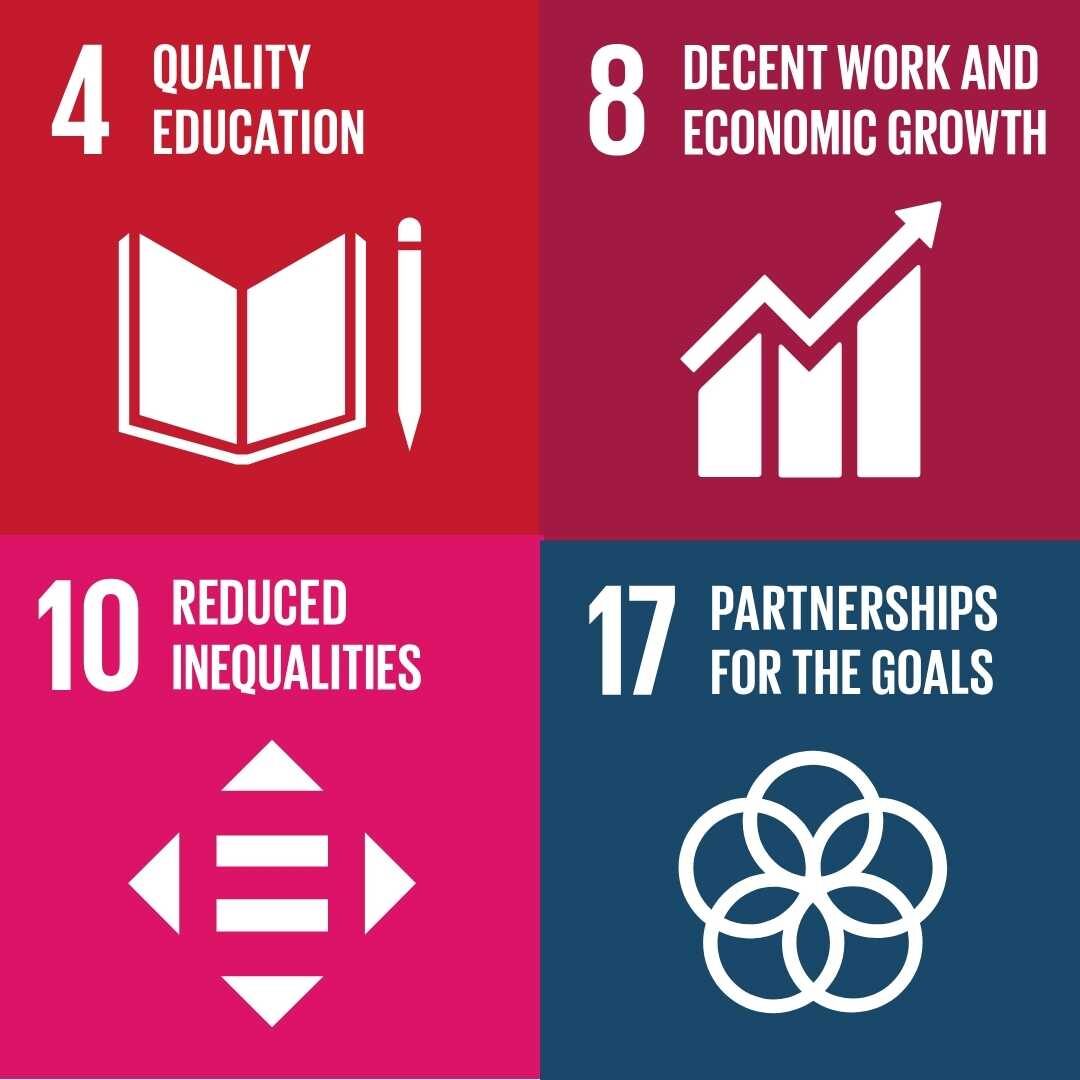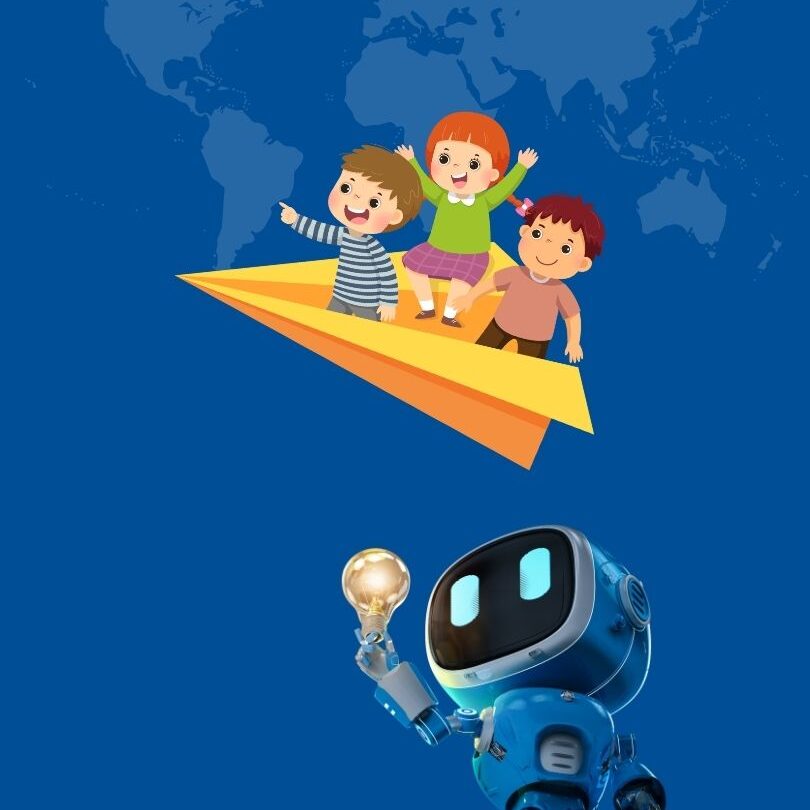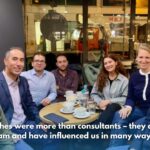We can empower the next generation by providing them with the opportunity to explore different fields to become productive and confident individuals.
Numerous studies in recent years have shown that children and youth who engage regularly and sustainably in various fields tend to be happier, more diligent, and successful in their professional lives. Moreover, they often contribute positively to the well-being of their families and societies.
“Tell me and I forget. Teach me and I remember. Involve me and I learn.” – Benjamin Franklin
Accessing necessary resources is often challenging for disadvantaged individuals, particularly youth with migration experience who may face significant obstacles during their initial years in a new country.
Think of a child who has forgotten his seven years of life because he was not supported and given opportunities to develop.If we say that moving from one place to another is our destiny as a human being, we should invest in our children more than ever. They should not live many of their years lost.
Because migration is an inevitable part of humanity. And our children must again be courageous for big changes in their lives. Their fate and their choices will be the fate of the future world.
The events in recent years such as wars, crisis, Covid pandemic, technological developments in Artificial Intelligence, poorness, economic and social instabilities, remote work opportunities and climate crisis prove that migration will be more frequent and stable than ever.
In light of this reality and the increased migration to Europe, the importance of providing support to these groups through mentoring programs has become critical not only for Germany and Europe but also for other continents. This is particularly relevant given the ongoing demographic transformation and population mobility.
Addressing the demographic change and its implications, including the shortage of skilled labor, as highlighted by Sebastian Dettmers in his book “Arbeiterlosigkeit,” reportages, and articles, is a fundamental issue facing Germany and Western societies. Educating the next generation is vital for the well-being of both society and individuals, offering a perspective for the future of Europe.
To effectively address these challenges, it’s crucial to adopt a systematic approach that takes into account migration, the shortage of skilled labor, and demographic changes. While there is considerable potential to bring about positive change, there’s also a risk of failing to adapt to the rapidly evolving demographics and their implications.
Implementing mentoring programs for families within a systematic framework holds significant promise in navigating these complexities. Harmoniously mentoring both the youth and adults within the family who have migration experience can lead to impactful results. This blog page will delve into details of mentoring2skill for the youth.
Mentoring
In both our social and professional spheres, mentoring takes various forms, including social mentoring, peer-to-peer mentoring, STEM mentoring, cross-cultural mentoring, school mentoring, family mentoring, and more. The core principle remains consistent: to provide guidance and support to individuals or groups toward a particular goal or purpose.
Let’s take a moment to delve into the concept of “mentoring”: Mentoring is more than just transferring knowledge. It’s not coaching, a course, training, or a workshop. Mentoring involves becoming a partner in the mentee’s journey and providing support.
There are two key elements to effective mentoring:
- Mutual, effective communication, and
- The mentor’s experience.
A good mentor actively seeks out new opportunities that contribute to the mentee’s development. They introduce unfamiliar concepts, making them understandable and manageable within the context. Effective mentoring involves a mutual exchange of experiences and guiding the individual toward a specific purpose.
Digital Media and Competence Based Mentoring
Mentoring activities are experiencing an unprecedented surge, propelled by the rapid pace of technological advancements. The prevailing types of mentoring in this era are closely tied to how we and our children learn, what resources we utilize to acquire new skills and habits, and where we allocate our time.
The rise of visual content has significantly impacted how we consume information, especially with the widespread use of social media. It has become habitual for us to gather information through quickly scanning blog texts, social media posts, and watching short videos rather than longer ones.
We and our children have become passive consumers of information, which poses a significant threat to our well-being. This passive consumption culture not only damages family connections but also hinders the development of young people, leading to increased feelings of loneliness and isolation. The solution lies in reshaping our digital media habits to prioritize creation over consumption. It requires discipline, especially within the family, to regulate information consumption and prevent addiction to social media.
Discipline becomes sustainable when individuals, particularly young people, have productive goals within their digital environments. These goals are often best pursued within a group setting, where individuals can learn from positive examples and receive feedback on their progress.
I strongly believe that our children and youth need more opportunities to collaborate and create meaningful projects outside of school. Merely providing an environment for learning within educational institutions is no longer sufficient. Experienced mentors and peers play a crucial role in guiding young individuals to explore their interests and diversify their skill sets.
It’s essential to pay particular attention to disadvantaged groups, such as youth with migration experiences, who often face additional challenges in expressing themselves and integrating into new communities. Investing in their skill development can empower them to build successful lives despite the obstacles they face.
Ken Robinson rightly pointed out that one size does not fit all, emphasizing the importance of recognizing and nurturing individual creativity outside traditional educational settings. (Sir Ken Robinson: Finding Your Element )
Similarly, David Epstein highlights the significance of exploring various interests, especially during adolescence and young adulthood. (Link to his video and book )
To foster joyful, productive, and sustainable learning experiences for the next generation, we need innovative approaches such as competence-based mentoring within a group dynamic. This approach complements traditional education by actively preparing young people for their future roles as creators and contributors in society.
Unfortunately, not everyone has access to natural mentors from an early age. Therefore, it’s crucial to create opportunities for individuals to discover their interests and talents within supportive group settings. I welcome discussions with like-minded individuals interested in establishing such mentoring groups.
Successful mentorship plays a pivotal role in transitioning young people from passive knowledge consumers to active producers, empowering them to realize their full potential in their areas of interest and abilities.
In conclusion, skill-based mentoring offers a holistic approach to empowering tomorrow’s change-makers. By providing equal opportunities for all youth, including those facing disadvantages such as migration experience, we can address societal challenges and foster a brighter future for generations to come. Through collaborative learning environments and innovative approaches, we can unlock the full potential of young people, enabling them to thrive in the digital age and make meaningful contributions to society.
Implementing mentoring programs for migrant families can help address the shortage of skilled labor. By supporting both youth and adults in these families, we can build a strong network that boosts skills and confidence, empowering them to contribute effectively to the workforce. Let’s prioritize mentorship to ensure every individual and family can succeed and thrive.
*Serkan Tezgel



